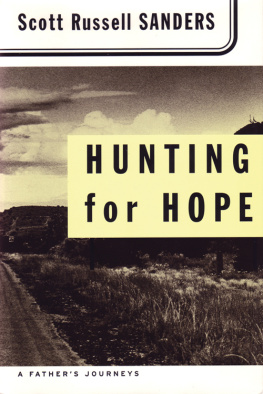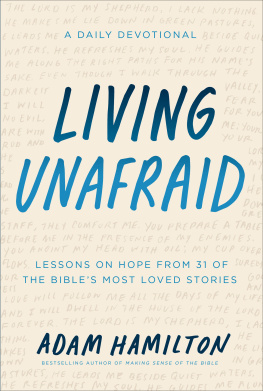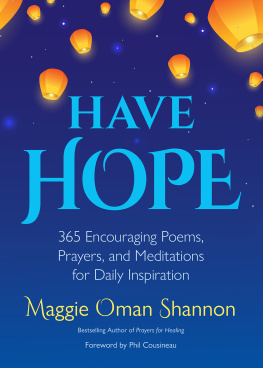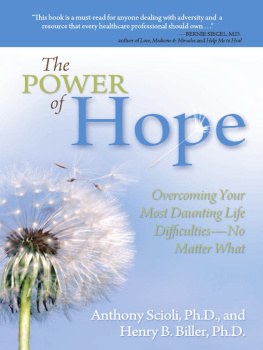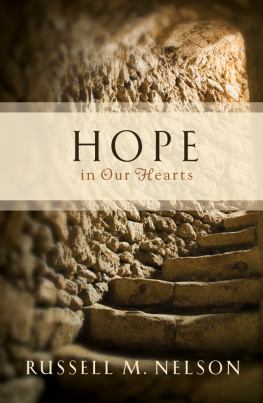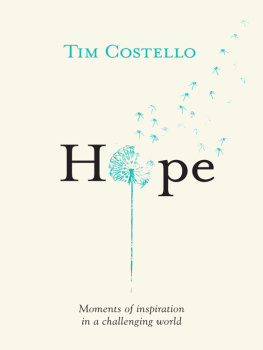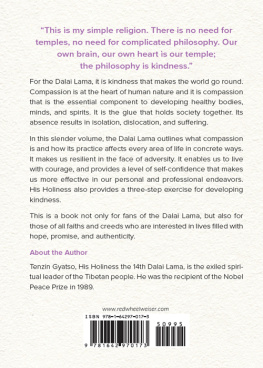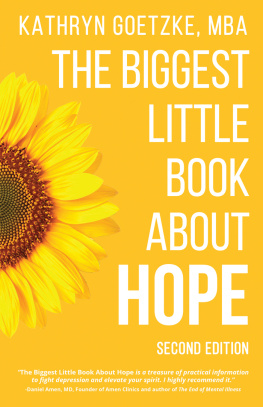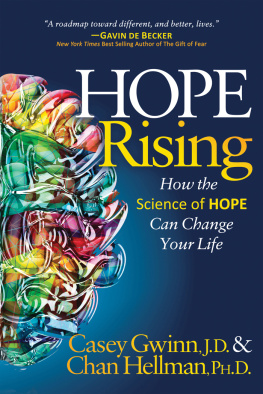Sourcebooks and the colophon are registered trademarks of Sourcebooks.
All rights reserved. No part of this book may be reproduced in any form or by any electronic or mechanical means including information storage and retrieval systemsexcept in the case of brief quotations embodied in critical articles or reviewswithout permission in writing from its publisher, Sourcebooks.
This publication is designed to provide accurate and authoritative information in regard to the subject matter covered. It is sold with the understanding that the publisher is not engaged in rendering legal, accounting, or other professional service. If legal advice or other expert assistance is required, the services of a competent professional person should be sought. From a Declaration of Principles Jointly Adopted by a Committee of the American Bar Association and a Committee of Publishers and Associations
P.O. Box 4410, Naperville, Illinois 60567-4410
Originally published in 2020 in Great Britain by Elliott and Thompson Limited.
Library of Congress Cataloging-in-Publication Data is on file with the publisher.
Introduction
In Search of Hope
Hope is the thing with feathers
That perches in the soul
And sings the tune without the words
And never stops at all
Emily Dickinson
A year ago, I was on the number 47 bus toward Lewisham in Southeast London, a pretty regular route for me, when I overheard a woman say to her friend, The news made me cry this morning. I just wanted to go back to bed. Everything is so awful.
All that week, I couldnt stop thinking about what the woman had said. I began to pay greater attention to all the expressions of despair, pessimism, and cynicism that I heard from friends, family, neighbors, and work colleagues. I noticed so much of this online and in the news; it seemed to me as though a dark cloud hung over us all. As I watched and listened attentively, it appeared we were doing very little but talk about how awful everything was or else were sticking our heads in the sand and praying it would all go away. It looked like hope was an endangered species, and yet I couldnt see how things could possibly improve without it.
We live in a truly amazing world, despite the very real and present troubles we face, but it seems that many of us are struggling to find hope for ourselves, for our communities, or for the world at large. So many people have told me that they feel very bleak about the future, that they feel scared all the time, depressed, anxious, and powerless. Although we are sometimes still able to laugh, to find joy, it seems that lots of us are hemmed in by a quiet despair. I didnt want to simply passively accept that this was the way things were. I was determined to work out how to find hope and how to hold on to it. And I wanted to help everyone else to do so too. Hope feels like the basis from which all possibilities spring; without it, positive change just does not feel achievable.
The first time I can remember hearing a story about hope was when my Sunday school teacher Mrs. Hibdidge told me about Pandoras box. I think a lot of people will recall this tale, vaguely at least, but to recap: Pandora is given a box that she is told she must never open (yep, its obvious where this is going). Inevitably, after a while, Pandora opens the box, and all at once, out fly all the evils of the world: grief, famine, death, greed, disease, anger, sorrow, painyou get the picture.
Shocked, Pandora shuts the box, but the evils have boltedits too late. The earthly paradise is no more. After weeping in despair, Pandora hears a faint cry from within the box, imploring her to open it again. Presumably, she decides that it probably cant get much worse, so she does.
Then out flies Hopetiny, golden, plucky Hopeto protect humankind from all of the evils of the world. What Hope was doing in such bad company is a philosophical conundrum which has divided thinkers, writers, artists, and spiritual leaders since the story was first recorded in the eighth century BC. Some see Hope as a punishment, just another evil in the boxa false promise of better things to come that could only prolong our torment. Others have suggested Hope was placed there as a gift from the gods to help us in our times of need.
This is how I feel about hope today. To me, its our main shield and weapon against the problems in the world. Hope allows us to believe that things can get better, helping us to find a way through our dark times. I am certain of this. So I was sad and frustrated to find such a disconnection from hope in our collective lives. Being hopeful does not come naturally to all of usmyself included. When times were tough (and they have been very tough), I had to fight to remind myself how important hope really is. I had to teach myself to look for it, to act on it, how to use it to make sure I kept on going. In time, it gradually became a habit. Ive since found it easier to weather disappointment and to shrug off despair, to focus on the positives and the possibilities. There is always hope, you see.
One of the first things I discovered on this journey to hope was that Im far from the first person to place upon it such a high value. The ancient Greek philosopher Aristotle thought that hope should be seen as a virtue, as it makes a person courageous, giving us the confidence that things will turn out well if we take action and the fear of what might happen if we do nothing. In the thirteenth century, the Catholic priest and philosopher Thomas Aquinas considered hope to be one of three Christian virtues, along with faith and love. He described it as a future good that was difficult but possible to attain, although he believed we needed Gods help to achieve it. So in terms of believing in the vital importance of hope, Im in pretty good company.
Of course, it has not always been seen as a positive thing. In 1878, the philosopher Friedrich Nietzsche argued for the alternative interpretation of the Pandora myth in his book Human, All Too Human: Zeus did not want man to throw his life away, no matter how much the other evils might torment him, but rather to go on letting himself be tormented anew. To that end, he gives man hope. In truth, it is the most evil of evils because it prolongs mans torment.
What a buzzkill.
Ill grant that its an interesting thought, and I have conducted an imaginary argument with this long-dead German on several occasions. Ive even looked up pictures of him in order to visualize the scene better. I have to admit that he sported a very impressive mustache. But I will not be deterred from holding on to hope as a force for good. Ive imagined telling Nietzsche that I profoundly disagree with him: I dont think hope prolongs our torment, rather that it can end our despaira torment in itself.
In my mind, Ive always won my argument of course, but I was delighted to discover that it appears as though Nietzsche revisited his ideas about hope in later life. He admitted that hope does indeed have a transformative power that can make our lives better. As he wrote in Thus Spoke Zarathustra : do not throw away the hero in your soul! Keep sacred your highest hope!


